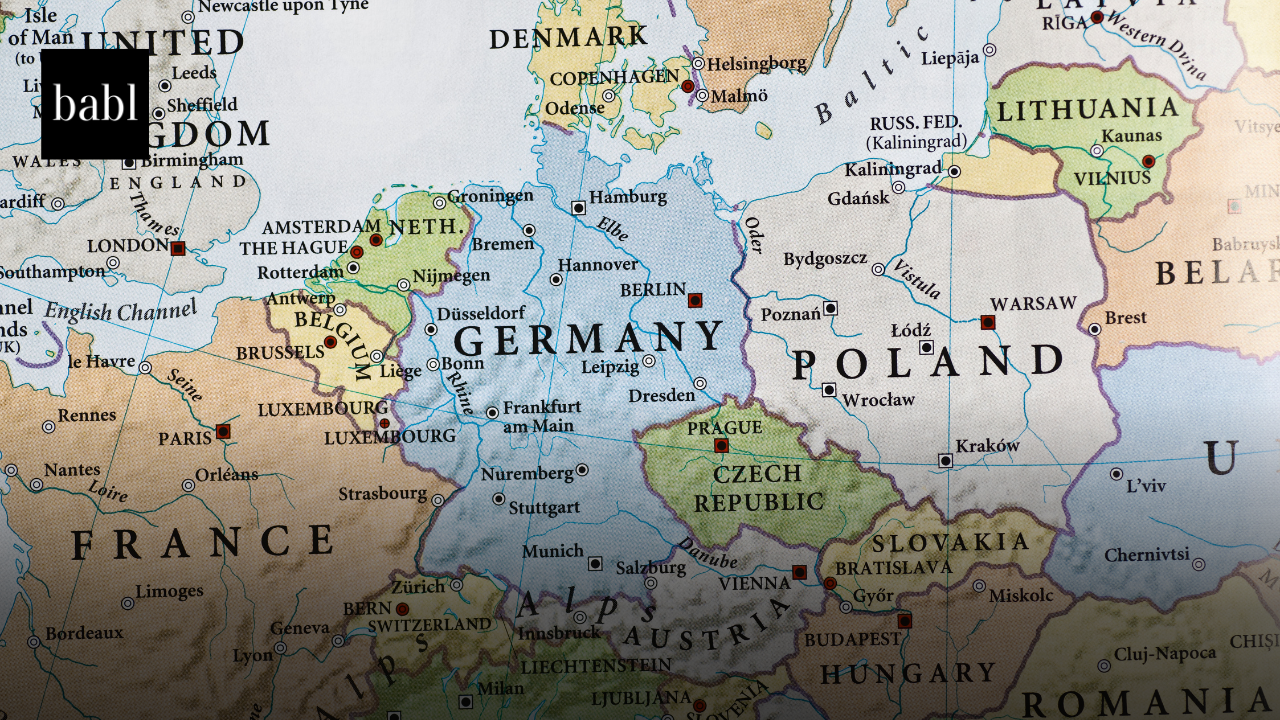Uruguay has become the first Latin American country to sign the Council of Europe’s Framework Convention on Artificial Intelligence and Human Rights, Democracy and the Rule of Law, marking a milestone in global AI governance. The treaty, the world’s first legally binding international agreement on AI, was signed September 2 in Strasbourg by Enrique Emilio Loedel Soca, Uruguay’s Ambassador to France, in the presence of Council of Europe Deputy Secretary General Bjørn Berge.
The convention, opened for signature in September 2024, now has 17 signatories, including 11 Council of Europe member states, as well as Canada, Israel, Japan, the United States, the European Union, and Uruguay. By joining, Uruguay signaled its commitment to aligning technological progress with democratic values and human rights protections.
The Framework Convention establishes a comprehensive legal framework for the entire lifecycle of AI systems. It sets out core principles including human dignity, equality, privacy, transparency, accountability, and safe innovation. Parties to the treaty are required to ensure that AI applications are subject to risk and impact assessments, provide remedies and safeguards for affected individuals, and guarantee notice when users are interacting with AI systems rather than humans.
Drafted by the Council of Europe’s 46 member states along with observer and non-member states—including Canada, Japan, Mexico, Argentina, Australia, and Uruguay—the treaty reflects years of negotiation and broad multi-stakeholder input from civil society, academia, and industry. It is deliberately technology-neutral, ensuring its relevance despite rapid advances in AI.
The agreement applies to both public authorities and private actors, with flexibility in how states regulate AI use in the private sector. It excludes matters of national defense and security but requires respect for international law and democratic institutions even in those areas. Oversight will be carried out through a Conference of the Parties, a follow-up mechanism designed to monitor compliance and promote cooperation among signatories.
With its signature, Uruguay has not only deepened its engagement with international human rights law but also positioned itself as a regional leader in shaping AI governance. The move highlights growing global recognition that binding international rules are needed to manage both the promise and the risks of artificial intelligence.
Need Help?
If you’re concerned or have questions about how to navigate the Uruguay or global AI regulatory landscape, don’t hesitate to reach out to BABL AI. Their Audit Experts can offer valuable insight and ensure you’re informed and compliant.





